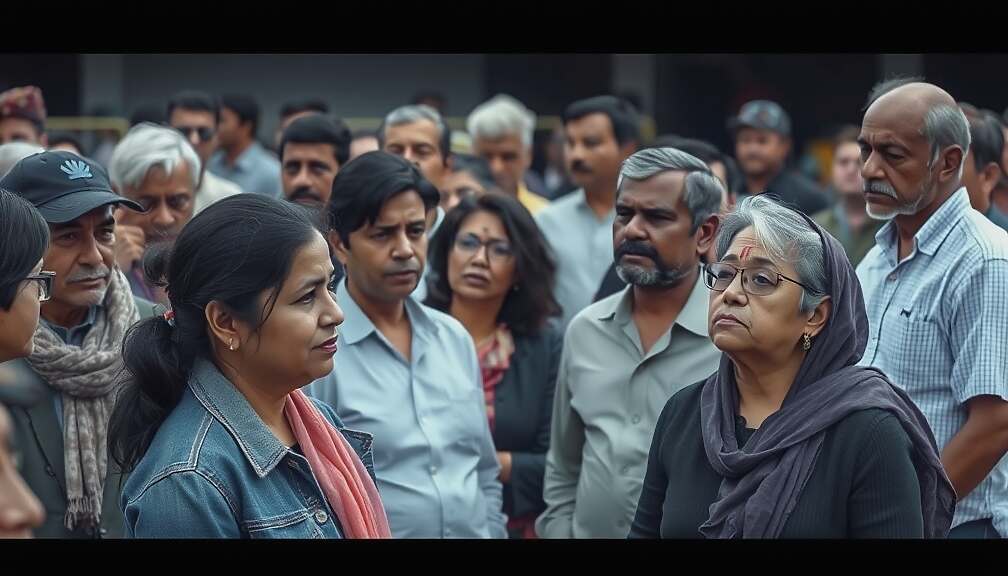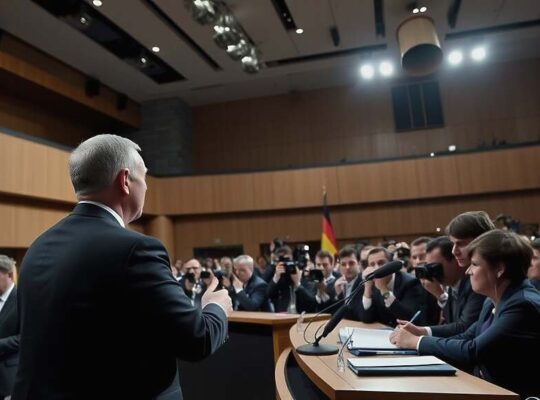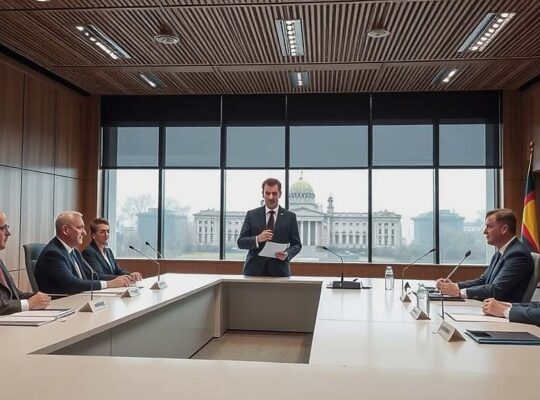Public opinion in Germany remains sharply divided over whether a recount of the recent federal election should be ordered following the narrowly missed opportunity for the BSW (Bundnis Sicherer Zukunft) party to enter parliament. A recent poll conducted by Insa and reported by the Redaktionsnetzwerk Deutschland indicates that 36% of citizens support a recount, while 30% oppose it and 21% express indifference. Predictably, support for a recount is significantly higher among BSW sympathizers (77%) and those aligned with the AfD (60%).
The stalemate has drawn escalating criticism from BSW co-founder, Sahra Wagenknecht, who accused the Bundestag’s Electoral Review Committee of obstructing justice. Wagenknecht, in a statement to RND, characterized the committee’s inaction as a “farce” emphasizing the urgent need for a decision on BSW’s formal objection. She argued that the delayed response undermines public trust in the democratic process and demanded the committee initiate a recount during the upcoming session in late November. “This isn’t just about the BSW” Wagenknecht stated, “it’s fundamentally about the trust in democracy itself.
The controversy highlights a growing concern over the legitimacy of electoral procedures and the potential for perceived bias within the parliamentary system. While the current ruling coalition, led by Chancellor Friedrich Merz of the CDU, maintains a precarious majority, a recount that were to grant BSW parliamentary seats would significantly alter the power dynamics in Berlin.
However, constitutional law expert Sophie Schönberger, Professor at Berlin’s Humboldt University, dismisses calls for a recount, arguing there is no basis for it. Schönberger contends the review process is designed to identify systematic electoral errors, not to entertain speculative searches for additional votes. She asserted the BSW’s objections have not demonstrated “substantial electoral flaws”. Acknowledging the possibility of “minor counting errors” inherent in large-scale electoral operations, Schönberger maintained a recount would inevitably produce deviations from the official result – a direction that would be entirely unpredictable. The expert emphasized that a recount is not permissible based on mere suspicion.
Were a recount to shift the balance and bring BSW into parliament, Schönberger clarified that Chancellor Merz would remain in office and the legislature would simply adjust its composition. “The constitution offers maximal stability in such scenarios” she stated, underlining the separation of electoral correction from the legitimacy of the chancellorship. The unfolding debate underscores a broader political tension between perceived procedural fairness and the potential disruption of established power structures within German politics.












